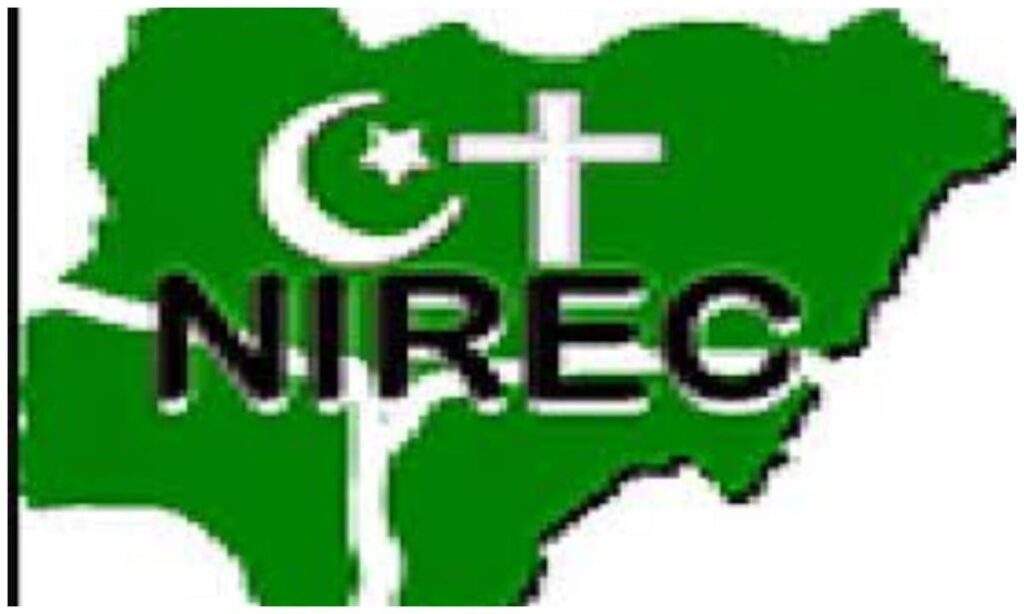The Nigeria Inter-Religious Council (NIREC) has expressed strong condemnation over the practice of using religion as a tool for political gain in Nigeria. In a recent statement, the Chairmen of NIREC, Archbishop Daniel Okoh and President of the Christian Association of Nigeria (CAN), Alhaji Muhammad Sa’ad Abubakar, the Sultan of Sokoto and President-General of the Nigerian Supreme Council for Islamic Affairs (NSCIA), highlighted their concerns regarding the rise of hate speech and religious dominance in the country, particularly in the lead-up to the 2023 elections.
The Council warned that weaponising religion for political purposes has the potential to ignite religious conflicts in Nigeria, a multi-religious state under God. They emphasized the need for politicians, regardless of their religious affiliation, to prioritize the common good and welfare of citizens over personal interests.
NIREC urged Christian and Muslim politicians to demonstrate the fear and love of God by promoting religious values that can positively transform the nation. They stressed the importance of maintaining religious harmony and cautioned against the manipulation of religion for political gain.
This condemnation by NIREC serves as a wake-up call to religious leaders in the country. They are being urged to resist any attempts by politicians to exploit religious sentiments, as such actions can lead to chaos and anarchy.
It is disheartening to see politicians employing religion as a smokescreen to advance their political agendas. By doing so, they not only undermine the essence of religious tolerance and unity but also jeopardize the peaceful coexistence of Nigerians.
The statement issued by NIREC is a reminder that Nigeria, with its diverse religious landscape, needs unity and understanding now more than ever. The country should be a place where citizens are free to practice their chosen faith and where religion is a personal belief, rather than a political tool.
While it is crucial for politicians to uphold the principles of their respective religions, these beliefs should guide them towards building a society that values inclusivity, fairness, and progress.
NIREC’s condemnation is an essential step towards curbing the dangerous trend of weaponising religion in Nigerian politics. It is our hope that this statement will serve as a clarion call to both religious leaders and politicians, urging them to prioritize the nation’s well-being above personal gain.
As Nigeria navigates the path towards the 2023 elections, it is imperative that politicians refrain from using religious affiliations as a means to gain power. Only by embracing the values of religious tolerance and unity can Nigeria truly thrive.
